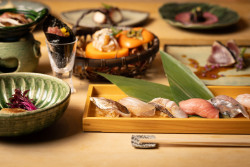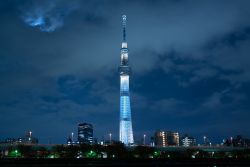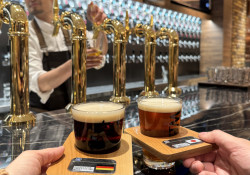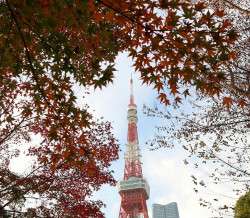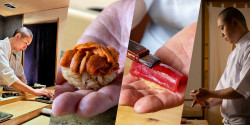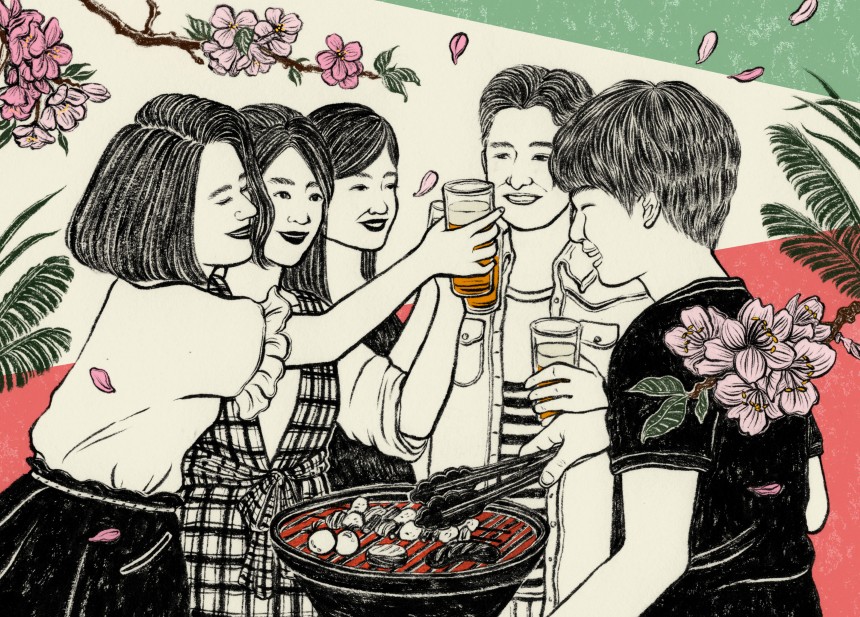
October 12, 2018
Discovering Fukushima
JET teacher falls in love with the troubled prefecture
By Kame Blair
I will be honest. When I opened the email detailing my placement information for the JET Programme, a Japanese government-sponsored initiative where people have the opportunity to teach English in Japan, I was ecstatic, absolutely thrilled. A deep, hysterical energy welled up forcing me to emit a horrid screech at the tiny cafe table where I was sitting alone. On second glance, however, I realized my error: instead of Fukuoka Prefecture, the prefecture I had my heart set on, the message actually read Fukushima Prefecture. Excitement drained from my body and was replaced with cold disappointment. For months I had exhausted myself with lengthy application requirements including health checks, background checks and traveling for interviews — which all amounted to this. What a cruel trick the world had played. Or so I thought.
Why this dramatic sense of injustice? Allow me to explain. I had only heard of Fukushima after the 2011 earthquake, tsunami and subsequent nuclear disaster. The name was often thrown around in fear-mongering media outlets and, as a result, frightening images of green sludge and mutant rats emerged from the recesses of my imagination. I started bargaining with myself, arguing that cancer would be worth it for a few years in Fukushima; at least I’d get to experience Japan. I admit no one has ever described me with any of these three desirable character traits: calm, cool and collected. Looking back, I accept that this wasn’t a turning point in that trend.
Fast forward to post-panic. After researching and talking with other JET participants living in Fukushima, I was relieved to learn that it was not dangerous, contaminated or a ghost town. Fukushima is geographically the third-largest prefecture in Japan, and the evacuation zone comprises less than three percent of that land. Their food regulations are the strictest in the world, so what is available here is likely safer than the food at home in the States. Everyone I talked to was friendly, open and helpful. I decided to accept the opportunity and am grateful I did.
I have been here over one year now, and I believe with conviction that Fukushima is the best JET placement of all. The Japanese people in my city are generous, warm and welcoming. My first time trying to ride the bus, my neighbor and his two young daughters walked seven minutes with me to the bus stop and waited until I got on. Another neighbor drove me to and from the doctor when I was sick. I met a woman who owns a guesthouse, and she began inviting me over to eat, drink, talk with her guests and play with her grandchildren. I now spend my free weekends helping her cook and practicing my Japanese with her guests. Last weekend, as she taught me how to make her coveted green curry, I realized that despite being thousands of miles away from my country, I felt at home.
Above all, the reason behind my conviction is the profound sense of community. We have parties, book club meetings, fitness days, monthly volunteering opportunities in former evacuation areas, annual drag shows to raise money and awareness for the LGBTQ community, blood drives, game nights, karaoke sessions, barbecues and more. There are people I can laugh with, let off steam with, vent to, ask for advice and above all feel safe with. Those who choose to come here are indeed a special bunch. Fukushima attracts people who are passionate and inquisitive, rather than those who can’t look past the surface for a deeper truth. Something about this place builds those rare, strong bonds and I have met so many people whom I consider lifelong friends.
At first I thought I was settling for Fukushima. Upon arrival I realized there is no place I would rather be for my time on JET. If you are so fortunate as to have a chance to visit, take it. If you are one of the many who apply for JET and are accepted, there is no greater place to be than here.
